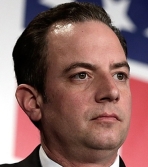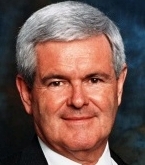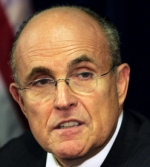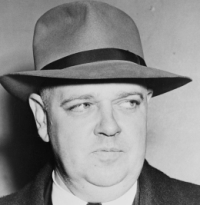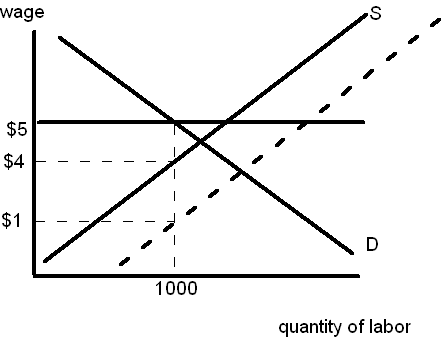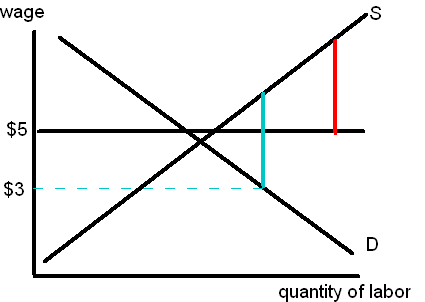Hey, stay calm. Germany elected Hitler, and they survived okay.
Less flippantly, there are some silver linings in this very dark cloud:
- Lots of good people re-elected to the Senate: Portman, Toomey — still waiting to hear on Ayotte. This means there will be at least some smart and forceful advocates for what we used to call Republicanism.
- ObamaCare will probably be repealed and might be replaced by something better. (Or not.) It even stands a chance of being replaced by something much better, along these lines.
- Dodd-Frank is probably about to go away. Again, that stands a chance of being excellent news, depending on what it’s replaced with.
- The estate tax is likely to be finally dead and buried. Beyond that, there is at least some hope for broader tax reform (closing loopholes, lowering rates, fewer incentives to overconsume, etc). I’m not aware that Trump has ever shown much enthusiasm for this, but if Congress takes the initiative there’s a least a chance of avoiding the veto that would have been certain under Clinton.
- Donald Trump will name the successor to Antonin Scalia, along with, probably another one or two or three Supreme Court justices. I am hopeful that he’s sufficiently uninterested in constitutional law that he’ll hand over the choosing to someone like Mike Pence. Compared to what we’d have gotten from Hillary Clinton, this would be a majorly good thing. Of course it’s equally likely he’ll nominate, oh, John Gotti, Jr. or someone. But we have reason for hope.
- More generally, we can at least hope that Trump is sufficiently uninterested in governing that he’ll hand over everything to someone like Mike Pence.
None of this remotely compensates for the prospect of living in an America where Trumpian stormtroppers go door to door ferretting out people to deport. None of it compensates for the Trump Depression that we’re in for if he’s serious about his trade policies. But it’s something.






